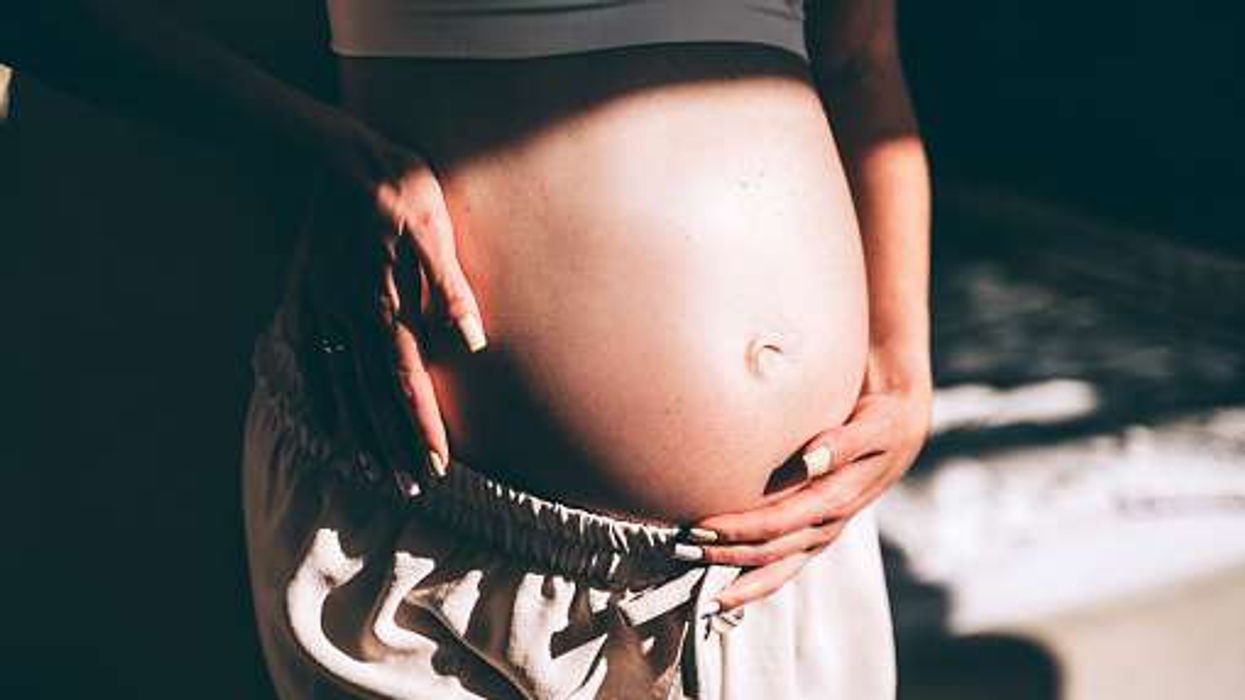Key Summary
- DES victims in the UK are demanding a public inquiry into the drug’s long-term harms
- The drug has caused cancers and reproductive problems across multiple generations
- The Health Secretary has urged NHS England to ensure proper GP follow-up for those exposed
Nearly 300 victims of yesteryear pregnancy drug diethylstilbestrol (DES), a synthetic form of the female hormone oestrogen, have formed a body ‘DES Justice UK’ and want the government to constitute a public inquiry.
DES was prescribed to pregnant women from 1940 to the 1970s to prevent miscarriage, premature labour and pregnancy complications.
Often referred to as ‘silent scandal’, around 300,000 women in the UK were administered the drug, and it was sold in Europe till 1978.
Hundreds of drug companies made DES around the world, and it was marketed under numerous brand names. It was never patented and was cheap and easy to produce.
US scientists in 1971 linked DES exposure to a type of cancer of the cervix and vagina called clear cell adenocarcinoma.
Later studies linked DES to other cancers including breast, pancreatic and cervical.
The damages caused by this medication had been passed down a generation, with children and grandchildren suffering from infertility, reproductive abnormalities and increased risk of cancer.
Compensation schemes have been set up for DES victims in the US and the Netherlands, but the UK does not have one.
One of the victims, Susie Martin (50) told The Independent that her mother Jennifer Bradley was given DES during pregnancy.
She and her mother are now part of ‘DES Justice UK’.
Susie has already undergone many surgeries and has to be screened for cancer for the rest of her life.
Health secretary Wes Streeting has asked NHS England to work closely with local cancer alliances to make sure that GPs are aware of the follow-up guidance for those exposed to DES.













